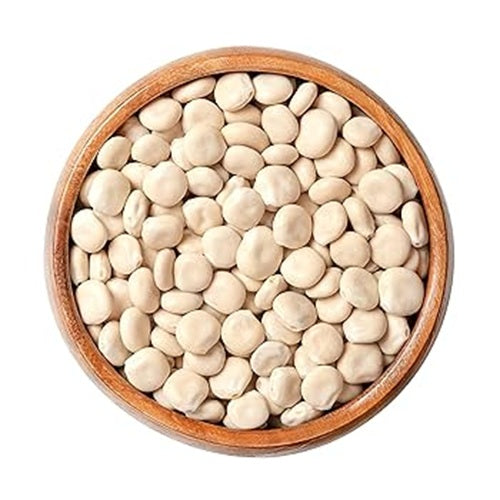Menu
Add description, images, menus and links to your mega menu
A column with no settings can be used as a spacer
Link to your collections, sales and even external links
Add up to five columns
Add description, images, menus and links to your mega menu
A column with no settings can be used as a spacer
Link to your collections, sales and even external links
Add up to five columns
LOOKING FOR BULK INGREDIENTS PRICING?

Benefits of Lupine Seeds - Wholesale B2B Bulk Suppliers in Europe
Lupine Seeds: Protein-Rich Powerhouses for Sustainable Nutrition
Lupine Seeds are emerging as a remarkable plant-based superfood, celebrated for their high protein content, gut-friendly fiber, and sustainability. Derived from the legume family, these vibrant seeds have been consumed for centuries in Mediterranean and South American cultures. Today, they are gaining global recognition as a nutrient-dense, gluten-free, and eco-friendly alternative to soy, especially for vegetarians, vegans, and those with food sensitivities.
Botanical Profile
-
Botanical Name: Lupinus spp.
-
Family: Fabaceae
-
Plant Part Used: Seeds
-
Color: Yellowish-white to cream when dehulled
-
Common Names: Lupin, Lupine, Lupini Beans, Tarwi
Nutritional Highlights
Lupine Seeds are rich in protein (up to 40%), dietary fiber, essential amino acids, and minerals like magnesium, potassium, calcium, and iron. They are naturally low in carbohydrates and free from gluten, making them suitable for keto, diabetic, and celiac-friendly diets.
Health Benefits of Lupine Seeds
-
Excellent Plant-Based Protein Source
Lupine seeds offer one of the highest plant protein contents, making them ideal for muscle repair, tissue building, and overall energy for active lifestyles. -
Supports Digestive Health
With their high fiber content, lupine seeds aid digestion, improve gut microbiota, and help maintain regular bowel movements. -
Heart Health and Cholesterol Control
Lupine proteins may help reduce LDL (bad) cholesterol and blood pressure, contributing to improved cardiovascular health. -
Diabetes and Blood Sugar Regulation
The low glycemic index and high fiber content of lupine seeds support blood sugar balance, making them beneficial for people with diabetes or insulin resistance. -
Weight Management
Being high in fiber and protein but low in calories, lupine seeds promote satiety, reduce overeating, and assist with healthy weight control. -
Allergen-Friendly and Soy-Free Alternative
Lupine is a versatile protein alternative for people allergic to soy, dairy, or gluten. However, those with legume allergies (especially to peanuts) should exercise caution.
Culinary Uses and Applications
-
Roasted or pickled as a traditional snack (especially in Mediterranean countries)
-
Used in gluten-free baking flours and pastas
-
Added to salads, soups, or stews for texture and protein
-
Blended into plant-based protein powders or meat alternatives
-
Incorporated in fermented foods and dairy-free cheese substitutes
Preparation Tips
Raw lupine seeds contain bitter alkaloids and must be soaked, boiled, and rinsed several times (or fermented) before consumption. Pre-cooked or sweet lupine varieties are available and ready to eat.
Precautions
Lupine seeds must be properly prepared to eliminate bitter and toxic alkaloids. Individuals with peanut or legume allergies should avoid lupine products unless advised otherwise by a healthcare professional.
Final Thoughts
Lupine Seeds are an exceptional example of a sustainable, high-protein superfood that supports both personal and planetary health. With their broad nutritional profile, allergen-friendly benefits, and eco-conscious appeal, lupine seeds are redefining modern diets—one powerful seed at a time.
For bulk orders and inquiries, visit Reveda - Lupine Seeds
BUY ONLINE IN USA FROM REVEDA - The leading manufacturer B2B Bulk Wholesale Supplier of Lupine Seeds in Europe.
Also in Reveda: Health & Wellness

Benifits Of Omega-3 Fish Oil EE - 460 MG/G EPA & 180 MG/G DHA - Wholesale B2B Bulk Suppliers in USA
Read More
SUBSCRIBE NOW ...
Don't miss to get latest updates on sales, new releases and promotions

